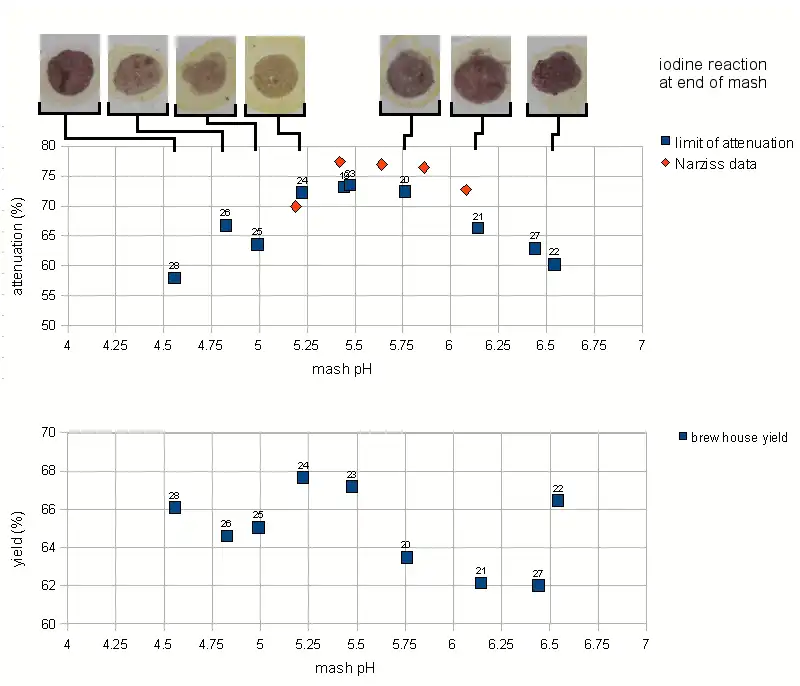Martybhoy
Member
- Joined
- Sep 19, 2014
- Messages
- 741
- Reaction score
- 253
I live in a very soft water area, and my IPAs and similar pale beers usually turn out as expected. Amber beers too. My dark beers however are never anything special and I'm wondering if with all the dark grains, my mash pH gets too low.
I struggle to hit FG with dark beers and they usually taste bland - never any roasty flavours. It's a bit like Guinness I suppose.
The total alkalinity of my water as CaCO3 is 7ppm, and my water pH is 8.24.
Anyone got any suggestions?
I struggle to hit FG with dark beers and they usually taste bland - never any roasty flavours. It's a bit like Guinness I suppose.
The total alkalinity of my water as CaCO3 is 7ppm, and my water pH is 8.24.
Anyone got any suggestions?








































![BREWING THERMOMETER STICKERS ACCURATELY MONITOR FERMENTING BEER & WINE LIQUID TEMPERATURES 5PCS HOME BREW SPIRITS WINE LCD ADHESIVE [US]](https://m.media-amazon.com/images/I/311DDjo2X3L._SL500_.jpg)

